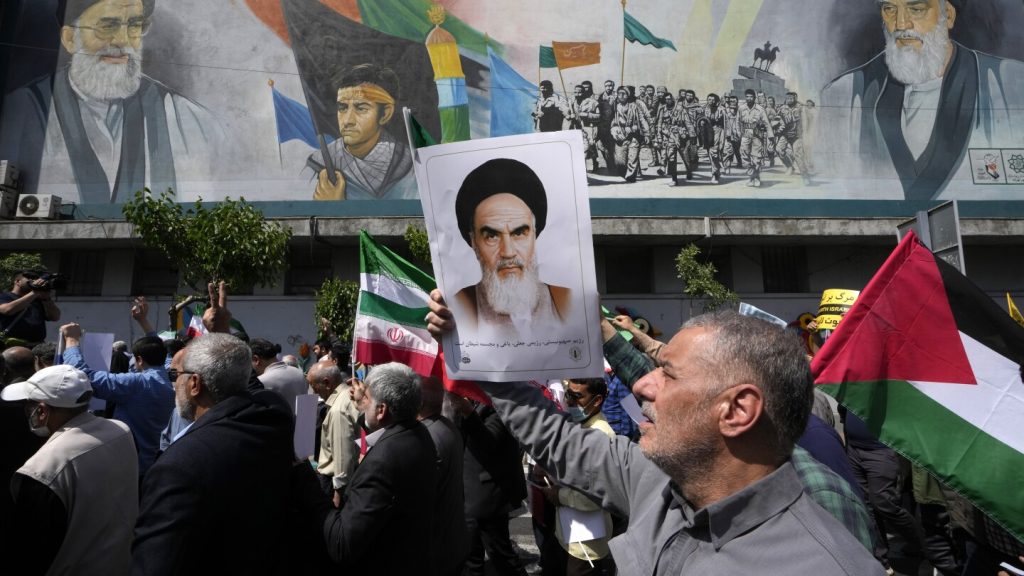Israel has demonstrated its military dominance over Iran in a recent series of precision strikes targeting military and nuclear sites deep within Iran. The strikes met little resistance from Iran’s defenses, showcasing the capabilities of both countries’ militaries. The international community, Israel, and Iran all expressed hopes that these strikes would bring an end to the 19-day hostilities that have escalated tensions between the two rivals. The conflict began on April 1 with the suspected killing of Iranian generals by Israel in Syria, followed by Iran’s retaliatory missile and drone strikes.
Despite the apparent military superiority displayed by Israel in these recent strikes, experts caution that Iran has not yet utilized its greatest advantage over Israel – Hezbollah and other Iran-allied groups in the region. Hezbollah, in particular, poses a significant threat to Israel’s defenses, especially in a multifront conflict scenario. While Israel and Iran have both refrained from unleashing their full military force during this period of hostilities, the potential involvement of Hezbollah could change the dynamics of the conflict significantly.
In Friday’s attack, Iranian air defense batteries fired at flying objects following reports of drones near Isfahan, where Iran’s nuclear facilities are located. The Israeli aircraft, believed to be behind the attack, fired air-to-surface missiles into Iran from neighboring Iraq. While Israel has not taken responsibility for these strikes, they have demonstrated their capability to inflict significant damage on Iran should they decide to launch larger strikes against its nuclear facilities. Iran, on the other hand, appears to have exhausted most of its long-range ballistic missiles during last weekend’s barrage.
The exchange of strikes between Israel and Iran has raised questions about Iran’s ability to defend against potential attacks from Israel, given its size and vast territory to defend. Israel’s successful defense against Iran’s missile and drone attacks has also highlighted its ability to rally support from regional and international partners, including the U.S., Arab countries, and other Western allies. The two weeks of hostilities have showcased Israel’s growing cooperation with Arab nations under the oversight of the U.S. Central Command, which coordinates military efforts in the Middle East.
While the recent conflict has provided insights into Iran’s military capabilities, Hezbollah and other Iranian-allied groups in the region, such as those in Iraq and Syria, have largely remained on the sidelines. Hezbollah, known for its military strength and arsenal of weapons, poses a significant threat to Israel’s defenses. The potential involvement of Hezbollah in a conflict could pose challenges for Israel, especially if it opens a second front alongside Hamas in Gaza. Experts warn that Israel would struggle to deal with simultaneous threats from both Hezbollah and Hamas if Hezbollah were to launch a full-scale assault.


